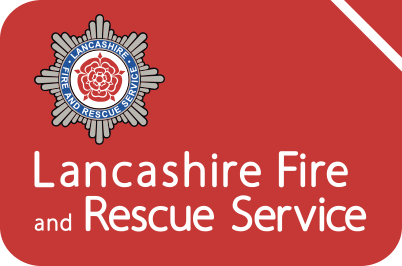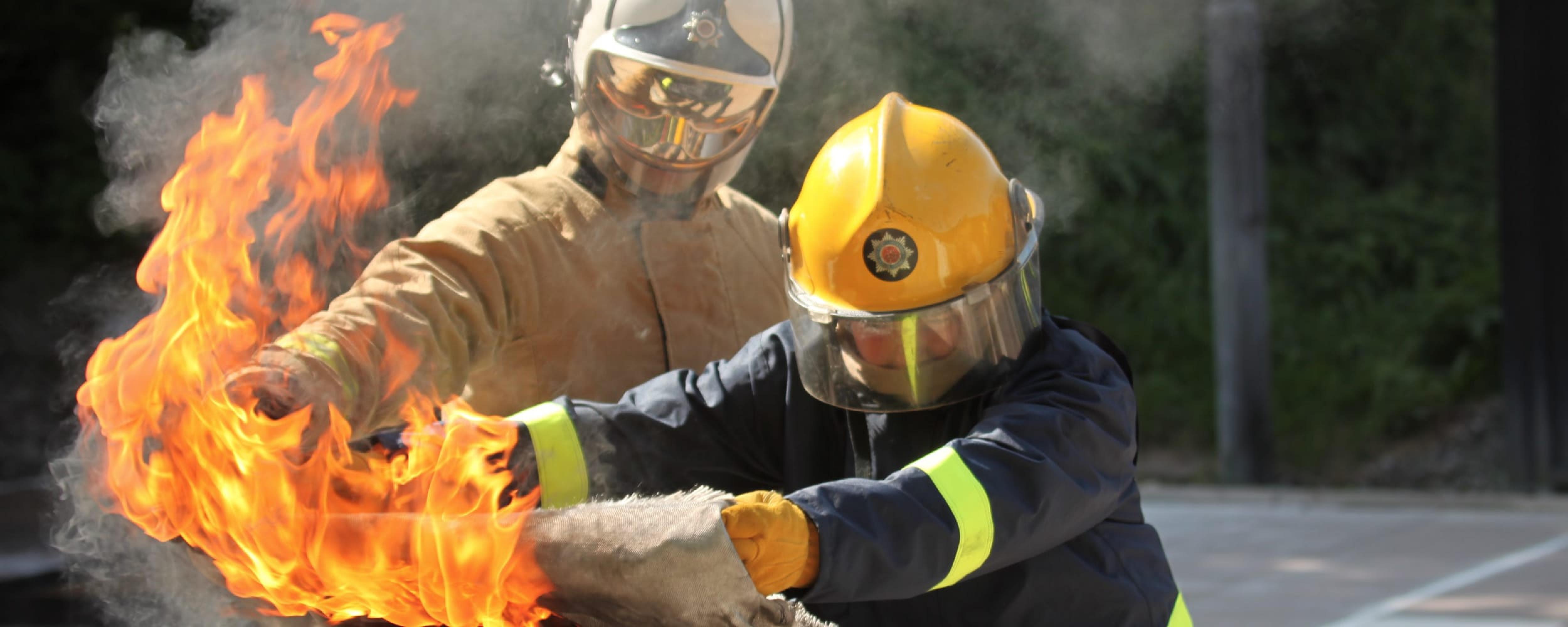How we do things
Fire inspection forms the basis of our protection programme designed to reduce the risk and impact of fire upon communities, businesses, heritage sites and our environment, and safeguard firefighters who respond to incidents involving them.
Lancashire Fire and Rescue Service has a statutory duty for enforcing The Regulatory Reform (Fire Safety) Order 2005 in most premises within Lancashire. Our inspection officers visit non-domestic properties to inspect their protection systems, and carry out assessments of workplaces, processes and associated risks.
Non-domestic properties include, for example: hospitals, schools and colleges, public buildings, commercial and industrial premises, places of worship, shops, offices, animal premises and stables.
Our inspection programme is supported by the following roles:
Business Safety Adviser – trained to Level 3 diploma standard. These advisers visit premises to inform the owner/manager about fire safety provision and also conduct fire safety audits of lower risk and less complex premises.
Fire Safety Inspector – trained to Level 4 diploma standard. Inspectors will visit premises, carry out fire safety audits, comment on building regulations applications and make reports based on their findings.
Fire Safety Team Leader – trained to Level 4 diploma standard and then further developed to Level 5 diploma. Our team leaders provide day-to-day management of the Business Safety Advisers and Fire Safety Inspectors. They are also the first point of contact with more complex premises.
Fire Safety Station Manager – trained to Level 4 diploma standard and then further developed to Level 5 diploma. Our Station Managers provide management to our area based team leaders and to our specialist support team.
Fire Safety Group Manager – trained to Level 4 diploma standard and then further developed to Level 5 diploma. Our Group Manager provides strategic management support to both our station managers and represents the Service on a regional and national level for fire safety related matters.
Being able to work on their own initiative and communicate effectively with co-workers, community members, landlords and other agencies are important skills, as is producing good quality information and reports.
The documents below outline our vision and system of work.





